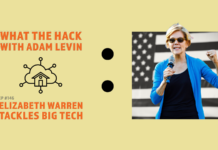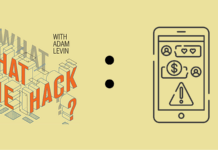The Valentine’s Day lovefest has never depended on dating apps more to help match sweethearts, and as with all online riots it gives rise to vulnerability–and not just the emotional kind.
There is an increased risk of cyber issues.
The number of people using online dating services has steadily increased over the last several years. In non-plague years, dating apps typically see a pre-February spike. Pandemic-time usage has set new records since shelter in place orders started in March 2020. That trend will see a further spike due to Pandemic-tine’s Day.
Dating sites have long been targets for hackers, scammers, and catfishers, but by far the biggest perpetrators of shady activity are the online daters themselves: Multiple studies have found well over half of those surveyed lied on their dating profile. The real number is undoubtedly higher when you consider how many people would lie about lying in a survey.
While lying in an online profile may lead to an awkward first date, it is a real boon to your overall cybersecurity, making your unreliable-by-design data less valuable to hackers.
What Is Unreliability by Design?
Simply put, it’s the deliberate deployment of the most common kinds of dishonesty used on a dating profile everywhere else you are active online. Unreliable information is useless to bad players who want to use your data for financial gain.
So lie on all of your accounts like you do on your dating profile.
Identity theft and compromising accounts relies on a scammer or hacker having as much relevant information about you as possible. Birthdates, locations, even physical characteristics can be used for leverage to open up accounts in your name, reset passwords for your accounts, and even to scam your relatives. That’s why data breaches have been making headlines consistently for the last decade: Your data is valuable, and the more of it that’s out there, the easier it is to use.
Having inaccurate or conflicting data floating around online can make a scammer’s job harder by making it harder, not easier to unlock your credit. Were you born in 1948 or 1970? Is your middle name Phillip or Peter? Did you go to high school in Portland, Oregon or Portland, Maine? Authentication is tough even when you’re you.
Most apps and websites use your personal information to get a bead on you for marketing purposes. You’ll still get well-calibrated ads if you fudge a few facts about yourself. Shave off a few years. And give yourself a PhD and a raise, while you’re at it. You may never get to fulfill your childhood dream of being an astronaut in real life, so why not be one online? The worst that can happen is you get space traveler ads.
This approach only helps protect your privacy and your data. It can give you a keyhole into how it’s being shared. If you start getting spam emails and junk mail addressed to billionaire astronaut Dr. John Q. Public, you know that someone is using your data without your permission, you are being too permissive when you sign up for things, or one of your accounts has been breached. You have nothing to lose pretending to be a little younger with a more impressive job than you have ever dreamed of having–and you can be more cybersecure in the process.










